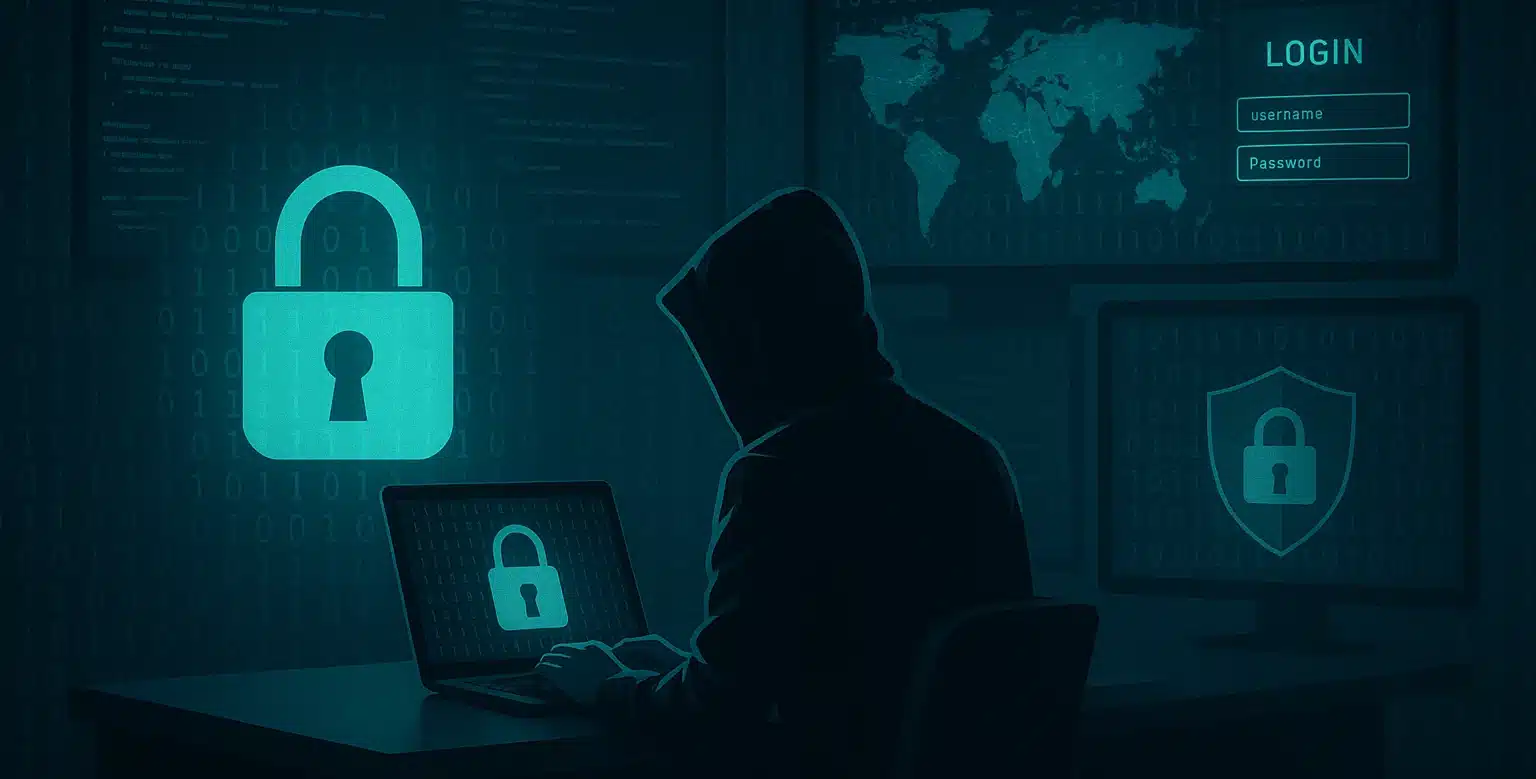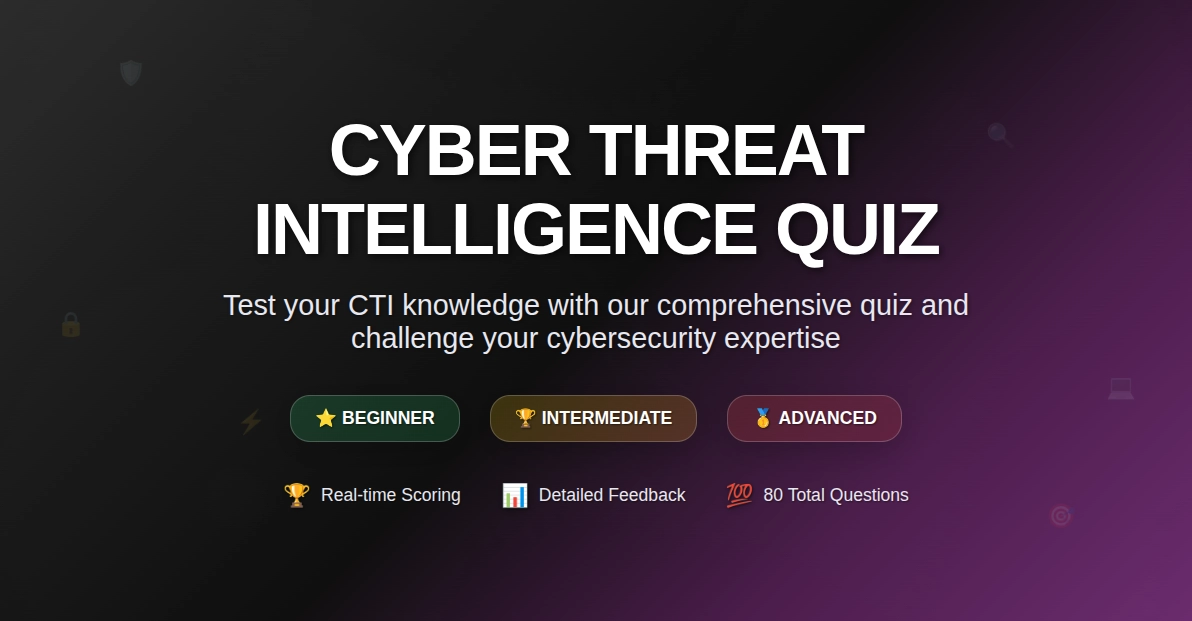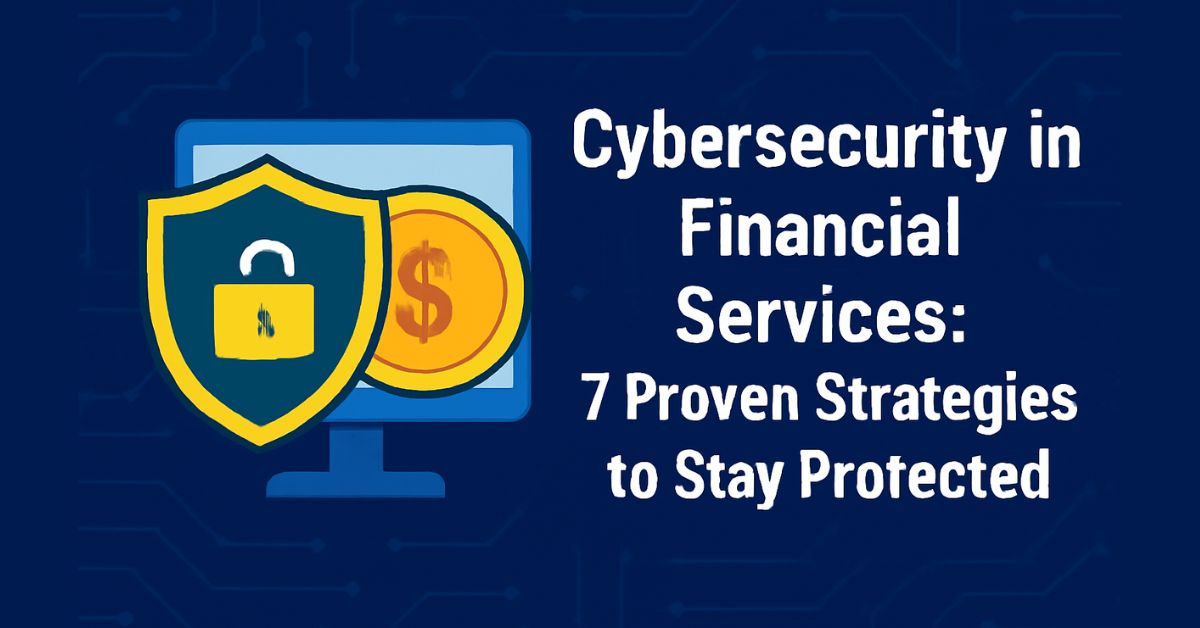- Who is a Penetration Tester?
- Role and Responsibilities of a Penetration Tester
- 1. Build a Strong Foundation
- 2. Master Key Tools & Methodologies
- 3. Earn Recognized Certifications
- Career Progression: From Junior to Senior
- Industry Verticals & Job Titles
- Salary Expectations: US vs. India
- Challenges & Future Trends
- Conclusion
- Frequently Asked Questions (FAQs)
Various organizations hire penetration testers or ethical hackers, to safeguard their systems against new cyber threats.
The article provides detailed insights about penetration tester training that includes skill requirements and certifications and necessary tools and career development options alongside salary information for US and Indian markets.
Those starting in the field or seeking mid-level position advancement should follow this guide that contains quick and helpful resources to enhance their career trajectory.
Ethical Hacking Course: Master Hacking Techniques
Enroll in our Ethical Hacking course to learn the latest hacking techniques and cybersecurity skills. Become an expert in ethical hacking today!
Who is a Penetration Tester?
A penetration tester is a cybersecurity professional who legally tries to break into systems, networks, and applications to find security weaknesses before real attackers do. They use specialized tools and step-by-step methods to uncover vulnerabilities, document their findings, and suggest fixes.
By working under strict legal and ethical rules, penetration testers help organizations strengthen their defenses and stay secure.
Role and Responsibilities of a Penetration Tester
- To enable penetration tests, one must collect the required information from the organization.
- Finding loopholes that could allow hackers to attack a target machine
- Pen testers should think like real hackers, though ethically.
- Work done by penetration testers should be reproducible for developers to fix it.
- A pentester is responsible for any loss in the system or information during the software testing.
- A pentester should keep data and information confidential.
To get a clear overview of the process and techniques involved, check out this Introduction to Penetration Testing that explains the basics and real-world applications in simple terms.
Let’s begin this penetration testing roadmap and explore the steps to becoming a penetration tester.
1. Build a Strong Foundation
Educational Background
- Bachelor’s Degree (Preferred): Computer Science, Information Security, or related fields.
- Self-Learning: Supplement with hands-on labs and online coursework. Free resources like Introduction to Ethical Hacking provide a solid starting point.
Core Technical Skills
- Networking & Systems: Deep understanding of TCP/IP, routing, switching, and both Windows/Linux administration.
- Web & Application Security: Familiarity with OWASP Top 10 vulnerabilities (SQLi, XSS, CSRF) and secure coding principles.
- Programming & Scripting: Python for exploit scripting, PowerShell/Bash for automation, and SQL/JavaScript for web testing.
Pro Tip: Strengthen your fundamentals by setting up a home lab using Kali Linux or Parrot Security OS, popular distros preloaded with pentesting tools.
2. Master Key Tools & Methodologies
Essential Penetration Testing Tools
- Recon & Scanning: Nmap, Masscan
- Vulnerability Scanning: Nessus, OpenVAS
- Exploitation: Metasploit Framework, BeEF
- Web Testing: Burp Suite, OWASP ZAP
- Password Cracking: Hashcat, John the Ripper
- Traffic Analysis: Wireshark, tcpdump
Methodical Approach
- Reconnaissance: Gather target information (network maps, open ports).
- Scanning & Enumeration: Identify vulnerabilities with automated scanners + manual verification.
- Exploitation: Launch controlled attacks to confirm vulnerabilities.
- Post-Exploitation: Document access level, pivot to other systems.
- Reporting: Provide actionable remediation steps in a clear report.
3. Earn Recognized Certifications
Certifications validate your skills and boost credibility:
| Certification | Level | Notes |
| EC-Council Certified Ethical Hacker (CEH) | Beginner | Broad hacking overview |
| CompTIA PenTest+ | Entry/Mid | Focus on hands-on pentesting tools |
| Offensive Security Certified Professional (OSCP) | Advanced | 24-hour live attack exam |
| GIAC Penetration Tester (GPEN) | Advanced | In-depth theory & practical techniques |
Insider Tip: Start with CEH to cover fundamentals, then tackle OSCP for practical, hands-on mastery.
Career Progression: From Junior to Senior
| Level | Experience | Typical Title | Key Responsibilities |
| Entry-Level | 0–1 years | Junior Penetration Tester | Assist scans, document findings, develop basic exploits |
| Mid-Level | 2–5 years | Penetration Tester/Security Consultant | Lead engagements, custom exploit development, client reporting |
| Senior | 5+ years | Senior Pentester/Red Team Lead | Design test scopes, mentor team, research novel attack vectors |
- Entry-Level: Support lead testers, run automated tools, and learn reporting formats.
- Mid-Level: Conduct full tests end-to-end, and start specializing (e.g., web or network pentesting).
- Senior: Architect large-scale assessments, innovate new test methodologies, and guide junior staff.
Industry Verticals & Job Titles
Penetration testers are in demand across sectors:
- IT & Consulting: Security firms, managed-security providers
- Finance: Banks, fintech companies
- Healthcare: Hospitals, medical-device vendors
- Government & Defense: Agencies requiring clearances
- Telecom, Retail, Energy: Protect customer data & infrastructure
Common titles: Ethical Hacker, Red Team Operator, Offensive Security Engineer, and Security Consultant.
Salary Expectations: US vs. India
Based on Glassdoor data, penetration tester salaries vary significantly by experience, location, and employer, with higher pay in major tech hubs and for advanced roles.
- Entry-Level (0-1 year):
- US: Entry-level pentesters earn around $60,000–$80,000 (Junior Penetration Tester)
- India: They start at approximately ₹2–4 Lakhs (average ~₹6 lakhs/year)
- Mid-Level (2-5 years):
- US: Mid-level pentesters make about $90,000–$120,000 (Penetration Testing)
- India: They earn around ₹5–10 Lakhs (median ~₹4.9 lakhs/year)
- Senior (5+ years):
- US: Senior pentesters command $130,000–$160,000+ LPA.
- India: Senior roles can reach ₹10–20+ Lakhs
Note: Penetration tester salaries vary by city, organization size, and certifications. Tech hubs like Bengaluru and New York tend to pay premium rates.
Challenges & Future Trends
- Evolving Threats: Cloud, IoT, and AI-driven attacks require continuous upskilling.
- Regulatory Compliance: GDPR, HIPAA, and other frameworks demand thorough testing and documentation.
- Automation & AI: Emerging tools leverage machine learning to streamline scans; pentesters must focus on manual validation and creative attack paths.
- Specialization: Growth in niche areas (e.g., mobile, OT/ICS testing) opens new avenues.
Conclusion
Embarking on a career as a penetration tester means committing to lifelong learning, hands-on practice, and ethical responsibility. Start by strengthening your IT fundamentals, then progress through targeted certifications (CEH → OSCP → GPEN) and real-world labs. Build experience in junior roles or through bug bounties and CTFs. As you advance, lead assessments, mentor peers, and explore specialized domains.
Enroll in our Cyber Security Course, backed by the Stanford Center for Professional Development, and jumpstart your penetration testing career. This hands-on training equips you with the expertise to safeguard networks, defend electronic assets, and thwart real-world attacks.
Earn a globally recognized certificate and build the skills to create and maintain a bulletproof security infrastructure.
Also read: Top Cyber Security Interview Questions and Answers
Frequently Asked Questions (FAQs)
1. How do I maintain and update my pentesting skills?
The best sources to stay informed include following Krebs on Security and other security blogs and podcasts and joining monthly CTFs and bug-bounty programs together with participating in industry events like DEF CON and Black Hat.
2. What legal considerations should I be aware of?
Postal authorization from clients precedes testing all systems and unauthorized hacking might result in major CFAA (US) or IT Act 2000 (India) legal consequences.
3. How important is report writing, and what should I include?
Report writing holds a vital role because executive summaries plus findings documentation with proofs-of-concept (PoCs) and screenshots coupled with risk evaluations and specific remediation procedures along with scope information appendices and unmodified logs need to be included.
4. Are there remote or freelance opportunities for pentesters?
Yes. Companies and platforms including Upwork and Bugcrowd hire remote or freelance pentesters who need exceptional self-management skills along with proper communication and precise deadline adherence capabilities.
5. What’s the role of bug-bounty programs in building a pentesting career?
The bug-bounty platforms HackerOne and Bugcrowd allow developers to test genuine applications through legal frameworks while obtaining payment and gaining attack knowledge that enhances their security market reputation.
6. Which professional networks or communities should I join?
Get involved with local OWASP chapters, the Red Team Village community, LinkedIn groups like “Ethical Hackers,” and Discord/Slack channels (e.g., PentesterLand) to share knowledge and opportunities.
7. Can I become a penetration tester without formal IT experience?
Yes. You can bridge gaps through hands-on labs (TryHackMe, Hack The Box) and entry-level certs like eJPT or PenTest+. Prove your skills via bug bounties and CTFs to build a strong portfolio.






